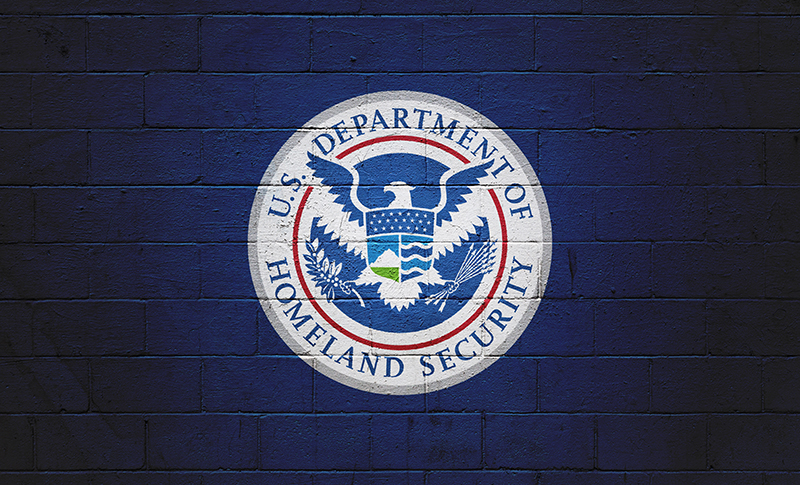
While it took the Trump administration about three and a half years to start small-scale, detailed changes in immigration policy, the Biden administration is at it full bore within six months of Inauguration Day.
Let me give some examples.
In the academic year 2019-2020, there were 320 alien students from Yemen, according to “Open Doors”, the annual statistical report of the Institute of International Education. That small group fell 19.6 percent from the prior year and if this trend continued into the 2020-2021 academic year, there would be all of 256 of them. This amounts to about 0.025 percent of the international student population or, stated another way, one of every 3,906 foreign students in the U.S. is from Yemen.
That is a small population, indeed, but not so small that the Department of Homeland Security did not issue a 5,700-word notice in the Federal Register that related to some of the 256 students; that is about 223 words for each Yemeni student.
Foreign students are supposed to work no more than 20 hours a week during the academic year, and this limits their legal income. The new ruling makes it possible for the Yemeni students to work longer hours legally, on the grounds that the terrible situation in that country may be diminishing their income from home. So the order applies only to those Yemeni students who are not already working more than 20 hours a week, perhaps a major fraction of the 256.
While the numbers are piddling, the ruling may make some sense in the very isolated world occupied by the sleepiest of DHS agencies, the Student and Exchange Visitor Program (SEVP) of ICE.
On the other hand, and I have been looking at this carefully for years, I have never heard of any enforcement of the 20-hour rule; I never read of any deportations of foreign students — from anywhere in the world — because they worked too long. If any reader knows of such a deportation, please drop me a line at [email protected].
But with an eye-on-the-sparrow approach, DHS used five full pages of the Federal Register to deal with this obscure matter dealing with a handful of people.
DHS issued a similar ruling for the somewhat larger population of Haitian alien students a little earlier in the month.
Speaking of Haiti, the Department announced another round of Temporary Protected Status because of the assassination of the president, as my colleague Robert Law has reported. An earlier round of TPS was established in 2010, following an earlier earthquake, so the concept of this “temporary” legal status is well known to just about everyone in that benighted country.
But despite the fact that TPS is well embedded in Haitian memories, when the latest round of TPS was announced the government established a year-and-a-half long registration period for the program. Again, this was a move of needless, detailed generosity; previous sign-up periods for TPS have usually been a matter of a few months.
No Haitian who was competent enough to get to the U.S. one way or another, and was thus eligible for TPS, and probably familiar with it, needs a year and a half to register for this program, which is totally friendly to his or her interests. But the Biden administration is giving them a year and half anyway.
